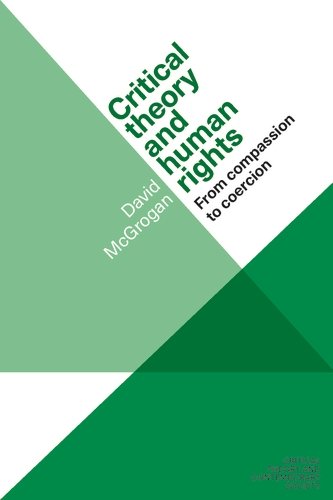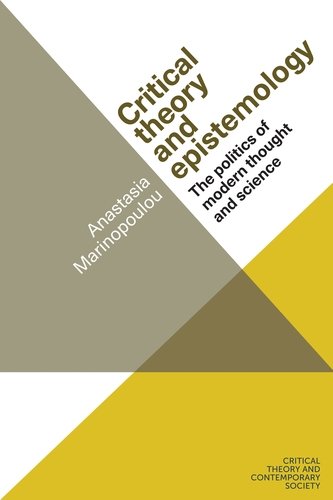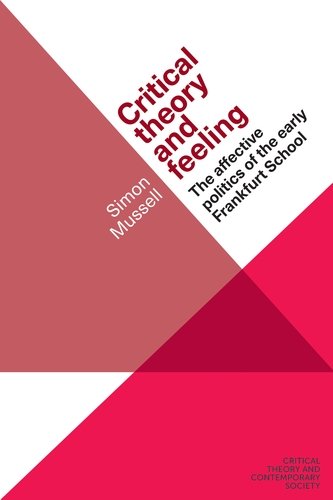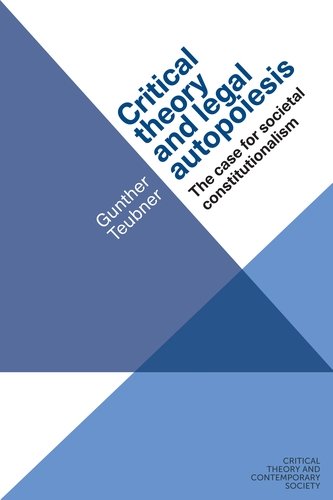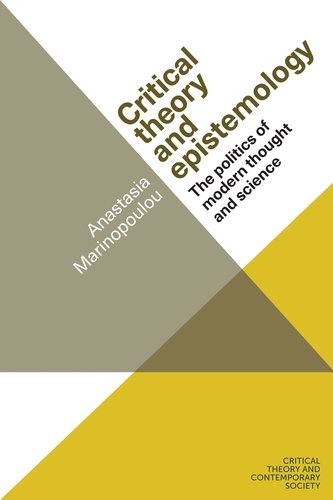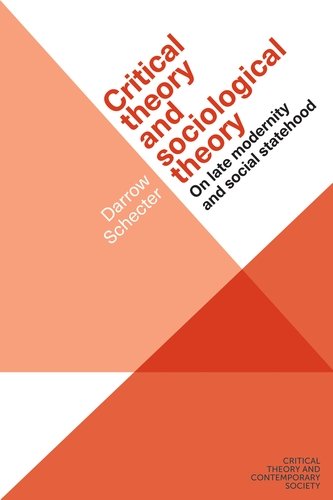Critical theory and human rights
From compassion to coercion

This book describes how human rights have given rise to a vision of benevolent governance that, if fully realised, would be antithetical to individual freedom.
It describes human rights’ evolution into a grand but nebulous project, rooted in compassion, with the overarching aim of improving universal welfare by defining the conditions of human well-being and imposing obligations on the state and other actors to realise them. This gives rise to a form of managerialism, preoccupied with measuring and improving the ‘human rights performance’ of the state, businesses and so on. The ultimate result is the ‘governmentalisation’ of a pastoral form of global human rights governance, in which power is exercised for the general good, molded by a complex regulatory sphere which shapes the field of action for the individual at every turn. This, unsurprisingly, does not appeal to rights-holders themselves.

David McGrogan is Associate Professor of Law at Northumbria Law School

